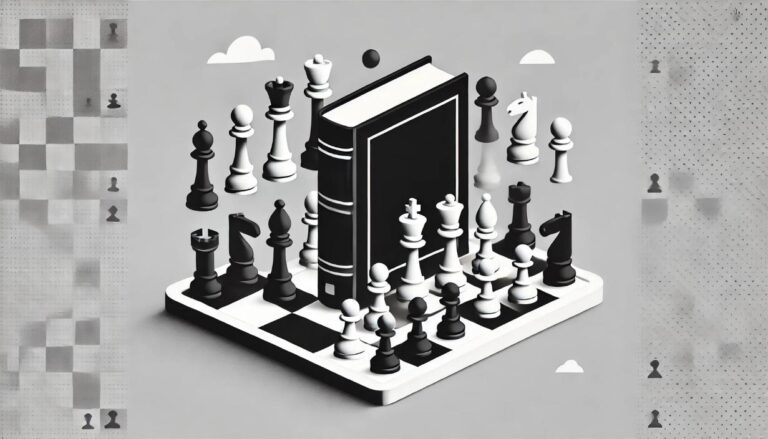Chess, a game that is as much about etiquette as it is about strategy, has evolved significantly over centuries. One question that often arises among players, especially those new to the game or transitioning from casual to more formal play, is whether it is necessary to announce “check” when the opposing king is threatened. This article delves into the rules, the etiquette, and the practical aspects of saying “check” in chess, offering a comprehensive overview for players seeking to deepen their understanding of chess protocol.
The Rules of Chess and Saying “Check”
Official chess rules, as governed by the International Chess Federation (FIDE), do not require a player to verbally announce a check. The rules state that if a king is in check, it is up to the opposing player to notice and make a legal move to remove the king from threat. This could involve moving the king, capturing the threatening piece, or placing another piece between the king and the threat.
The Role of Etiquette
While it’s not a rule, the practice of saying “check” is deeply rooted in chess etiquette, especially in casual play and among beginners. Announcing “check” serves as a courteous reminder to the opponent, ensuring that the threat to the king is not overlooked. It helps maintain the game’s flow and can be a teaching tool in friendly matches, helping less experienced players become more aware of their king’s safety.
However, in competitive or tournament play, announcing “check” is less common. Advanced players are expected to be aware of the board’s status without verbal cues. In these settings, saying “check” might even be considered distracting or unnecessary.
Practical Considerations
Awareness and Focus
Part of the skill in chess involves being constantly aware of the entire board, including the threat of check to the king. Training oneself to notice checks without needing a verbal announcement is crucial for player development. It enhances focus and strategic planning, as players learn to anticipate and counter their opponents’ threats.
Psychological Aspects
In competitive chess, some players might use the announcement of “check” as a psychological tactic to unsettle their opponent. However, this can backfire, as it may also give the opponent a moment to pause and reconsider their strategy, potentially spotting moves they might have missed.
Digital Chess Platforms
On digital chess platforms like Chess.com, the software automatically indicates when a king is in check, removing the need for verbal announcements. These platforms help players get accustomed to recognizing checks through visual cues alone.
Conclusion
In summary, while you are not required to say “check” in chess according to official rules, doing so can be seen as a gesture of good sportsmanship in casual games. However, as players advance and participate in more formal or competitive settings, the expectation is that each player will maintain awareness of the board’s status without verbal reminders. Whether or not to announce “check” becomes a matter of personal preference and situational etiquette, reflecting the depth and richness of chess culture.

